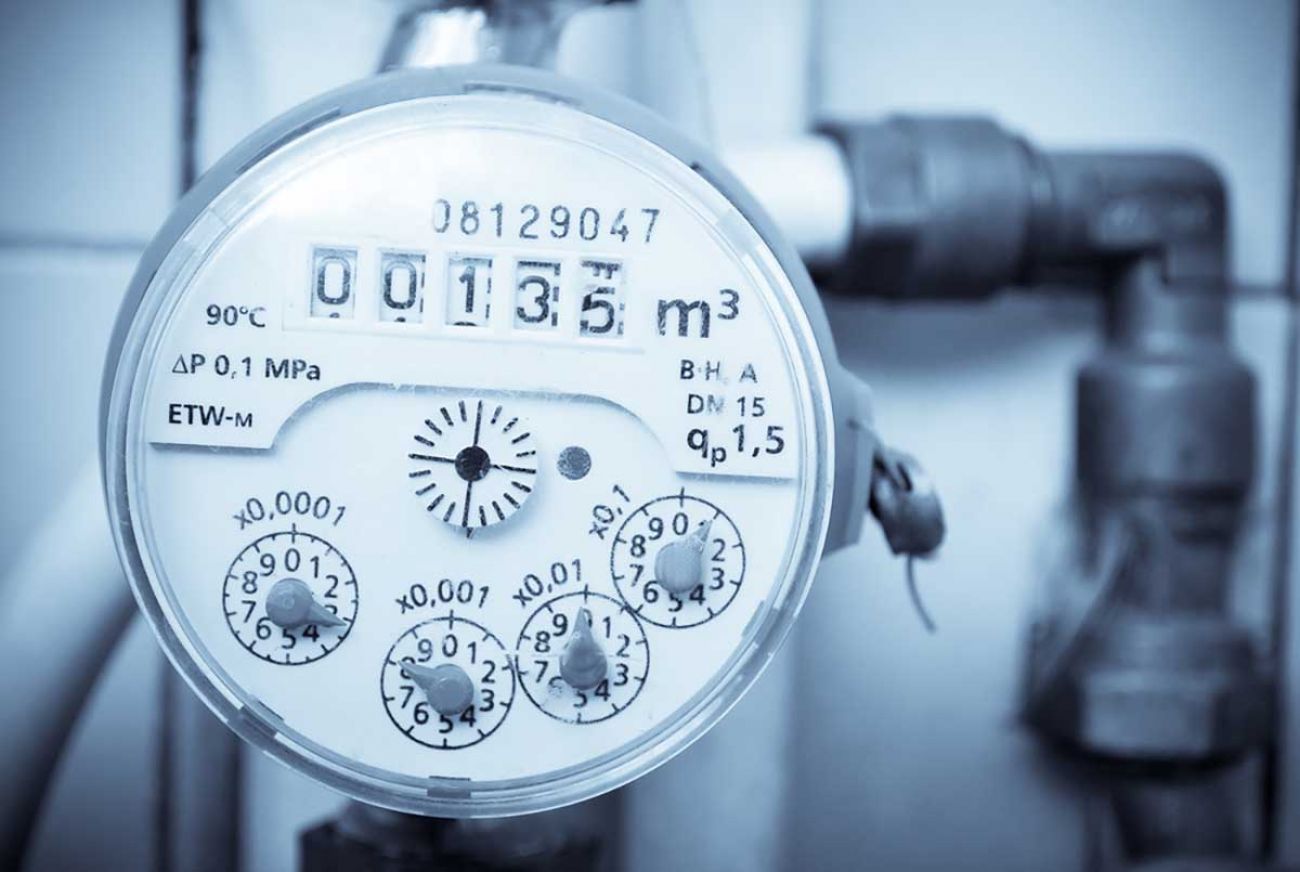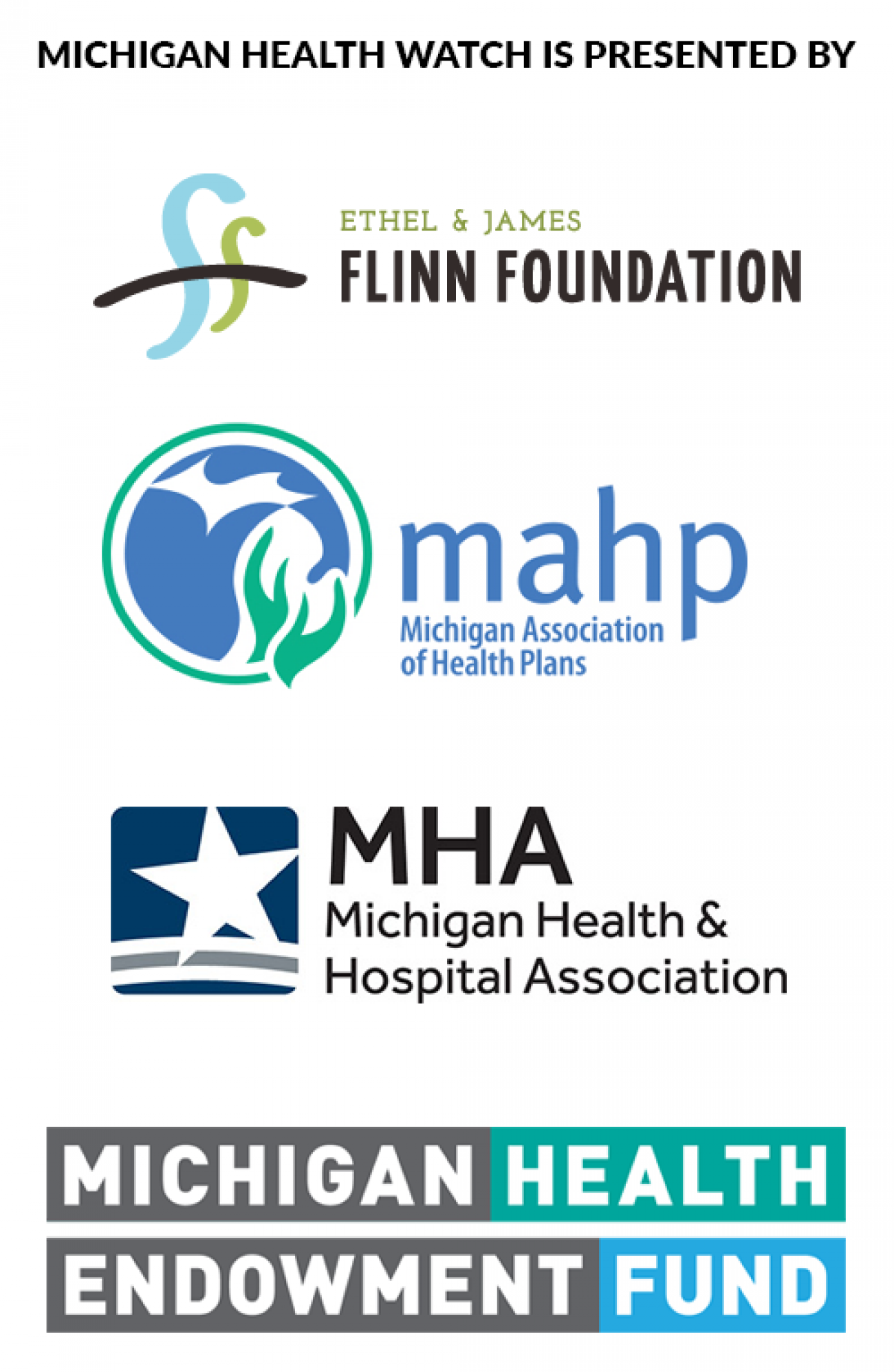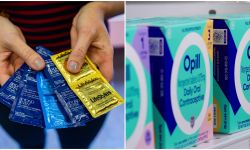Detroit to offer $25 water restorations as coronavirus fears mount

Coronavirus fears are prompting Detroit and the state of Michigan to offer cut-rate restorations for those facing water shutoffs for nonpayment or those whose service has already been disconnected.
As fears of the virus mount, and hand-washing remains the best safeguard against its spread, Detroit Mayor Mike Duggan announced Monday the city is rolling out a plan to allow residents to avoid shutoffs if they pay $25 and $25 a month toward their debt. Service will be restored to disconnected customers for that same amount.
The program begins Wednesday and for the next 30 days, the state of Michigan will pay the $25 downpayment for those who can’t afford it, Duggan said during a media briefing.
- I hate to complain, but I haven’t had water in a year. A Detroit story.
- Detroit says no proof water shutoffs harm health. Get real, experts say.
- Detroit wants to expand water help. Here’s how to avoid disconnections.
“There is no financial reason anyone in the city of Detroit should have water shut off,” Duggan said.
“As of Wednesday the only residents in the city of Detroit who don’t have water on will be those who don’t reach out. It won’t be for lack of money.”
We deeply appreciate @GovWhitmer’s support and leadership on this issue. As long as COVID-19 remains a health concern, no Detroit resident should have concerns about whether their water service will be interrupted. pic.twitter.com/0zpDbqa6xj
— Mayor Mike Duggan (@MayorMikeDuggan) March 9, 2020
Whitmer called the state assistance "the right thing to do to keep our families safe and protect public health."
Typically, residents would have to pay at least 10 percent of their delinquency to have water restored. The new rates only last as long as coronavirus remains a threat, Duggan said.
The announcement follows heightened health concerns about Detroit’s aggressive water shutoffs. Bridge Magazine has reported that, as of Jan. 15, service remained off to some 9,500 customers who had water last year.
Whitmer last month denied a request by the ACLU and others to declare a state of emergency and halt the shutoffs. Health officials determined a moratorium wasn’t necessary after finding no relationship between shutoffs and cases of waterborne illnesses — shigellosis, acute dysentry; giardiasis, a diarrheal disease, as well as Campylobacter infections, which affect the intestines.
Since then, concerns have increased about coronavirus, prompting another request last week to Whitmer by environmental groups for a moratorium.
Detroit has disconnected some 141,000 accounts since 2014 in an effort to improve collections. Policy calls for shutoffs for disconnections once bills are 60 days or $150 past due.

Duggan said the city won’t end shutoffs — which totaled nearly 24,000 last year — because doing so would harm collections.
Before the collections campaign, the city’s delinquency rate was often 25 percent to 30 percent. Now, it’s only 5 percent to 8 percent, freeing more than $50 million per year to pay for the aging infrastructure.
When Chicago imposed a moratorium on shutoffs last year, collections dropped more than $20 million, Bridge has reported.
In the past month, a regional authority that leases Detroit’s water system, the Great Lakes Water Authority, also has increased the amount of assistance to avoid shutoffs to Detroit by $1.1 million, bringing the total to $2.4 million.
The announcement was greeted with lukewarm praise by some water activists, who have long called for a permanent moratorium and affordability plan to lower bills for the needy.
Average water bills are about $77 per month in a city where about one-third of residents are impoverished.
“It’s good but it’s not long-term,” said DeMeeko Williams, chief of the Hydrate Detroit nonprofit that provides water to those whose service is disconnected.
“This coronavirus could be wrapped up soon, but the harm is long-lasting. This is popularity politics.”
Democratic presidential candidate Bernie Sanders, who trails former Vice President Joe Biden in polls leading to Tuesday's Michigan primary, tweeted that "it shouldn't take a crisis like the spread of coronavirus to restore people's right to drinking water. We are going to guarantee the right to clean water for all Americans."
Mark Fancher, a staff attorney with the ACLU of Michigan, applauded the new program, but added it isn't a long-term solution and called for an affordability plan tied to income.
"Water is a human right regardless of whether there is a threat of any particular disease," Fancher said.
To get water restored and enroll in the new program, call 313-386-9727.
See what new members are saying about why they donated to Bridge Michigan:
- “In order for this information to be accurate and unbiased it must be underwritten by its readers, not by special interests.” - Larry S.
- “Not many other media sources report on the topics Bridge does.” - Susan B.
- “Your journalism is outstanding and rare these days.” - Mark S.
If you want to ensure the future of nonpartisan, nonprofit Michigan journalism, please become a member today. You, too, will be asked why you donated and maybe we'll feature your quote next time!





